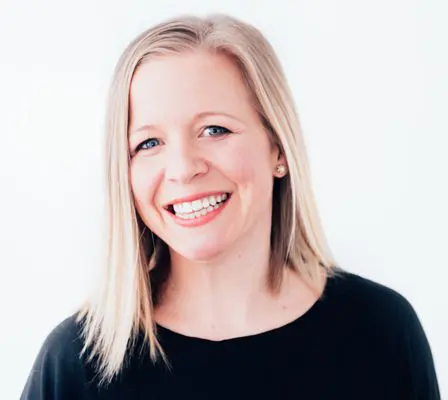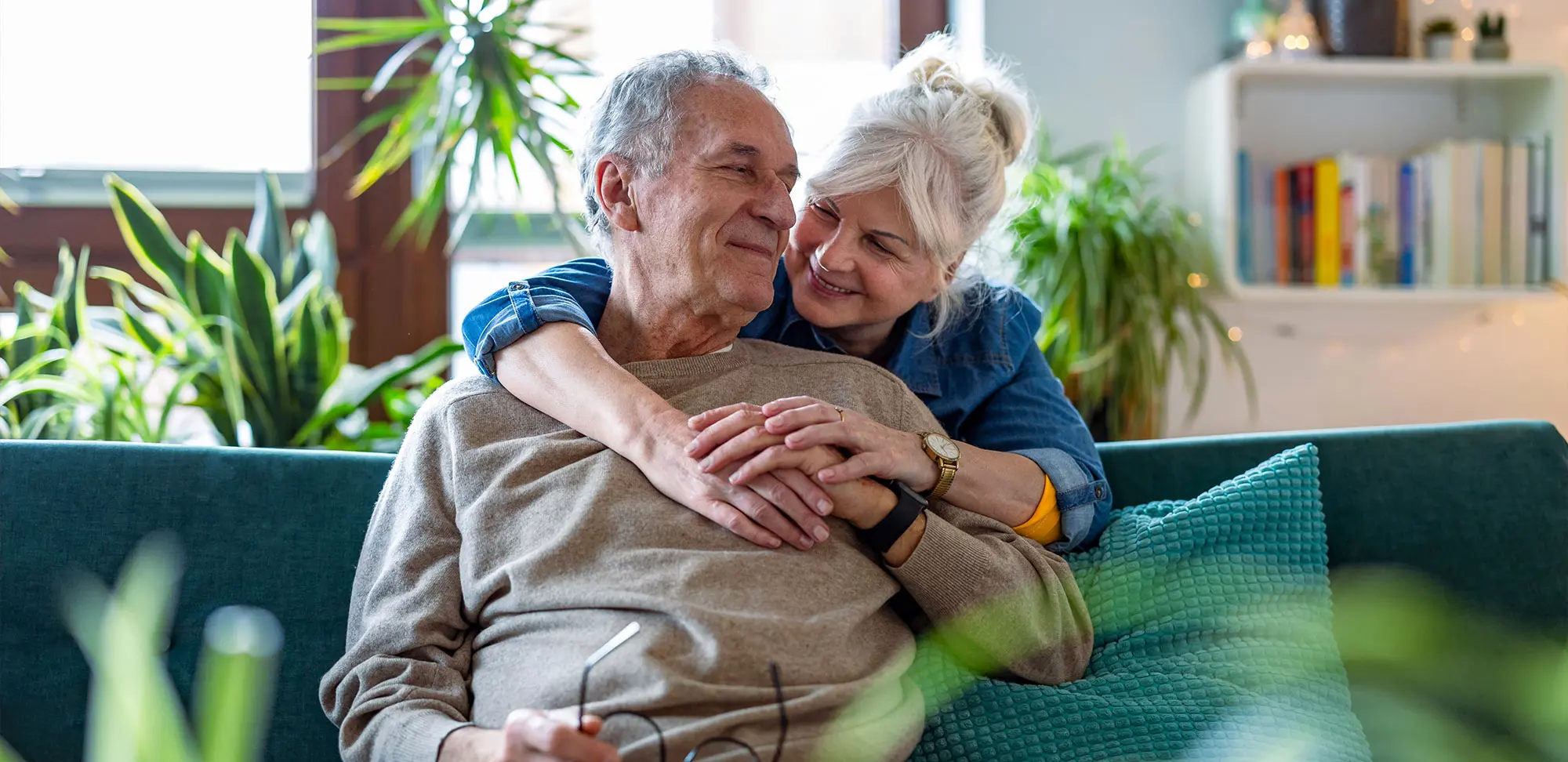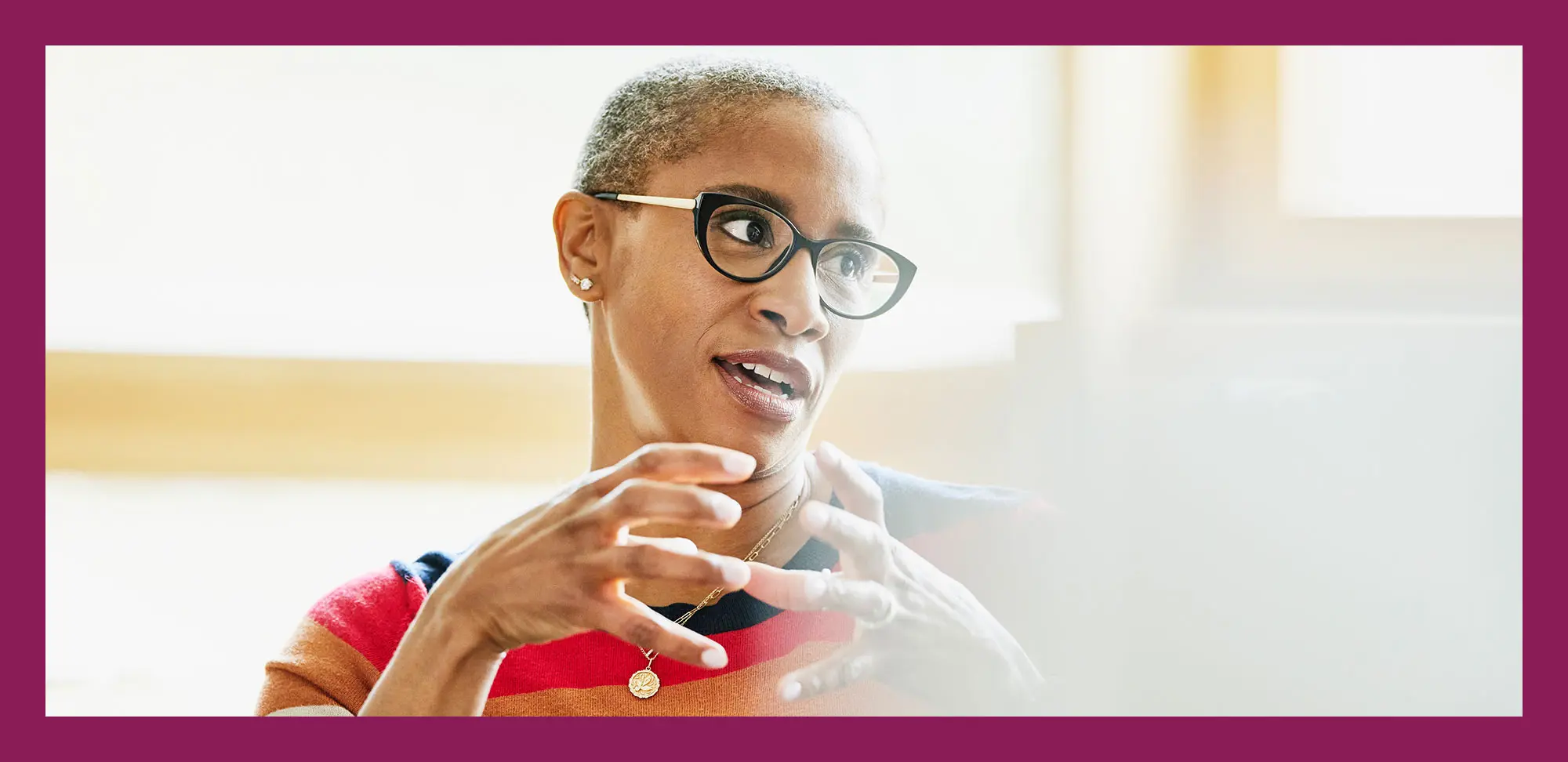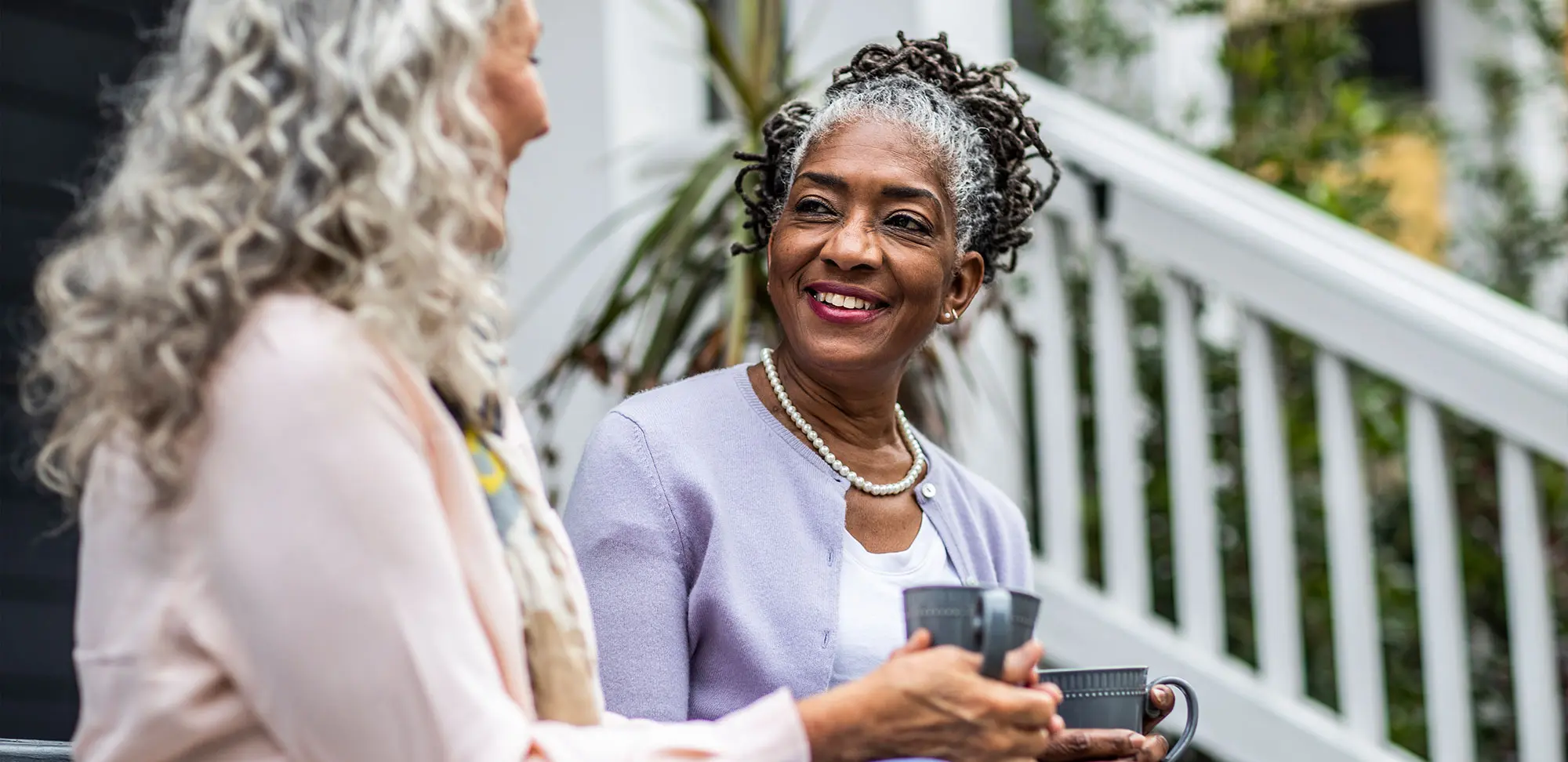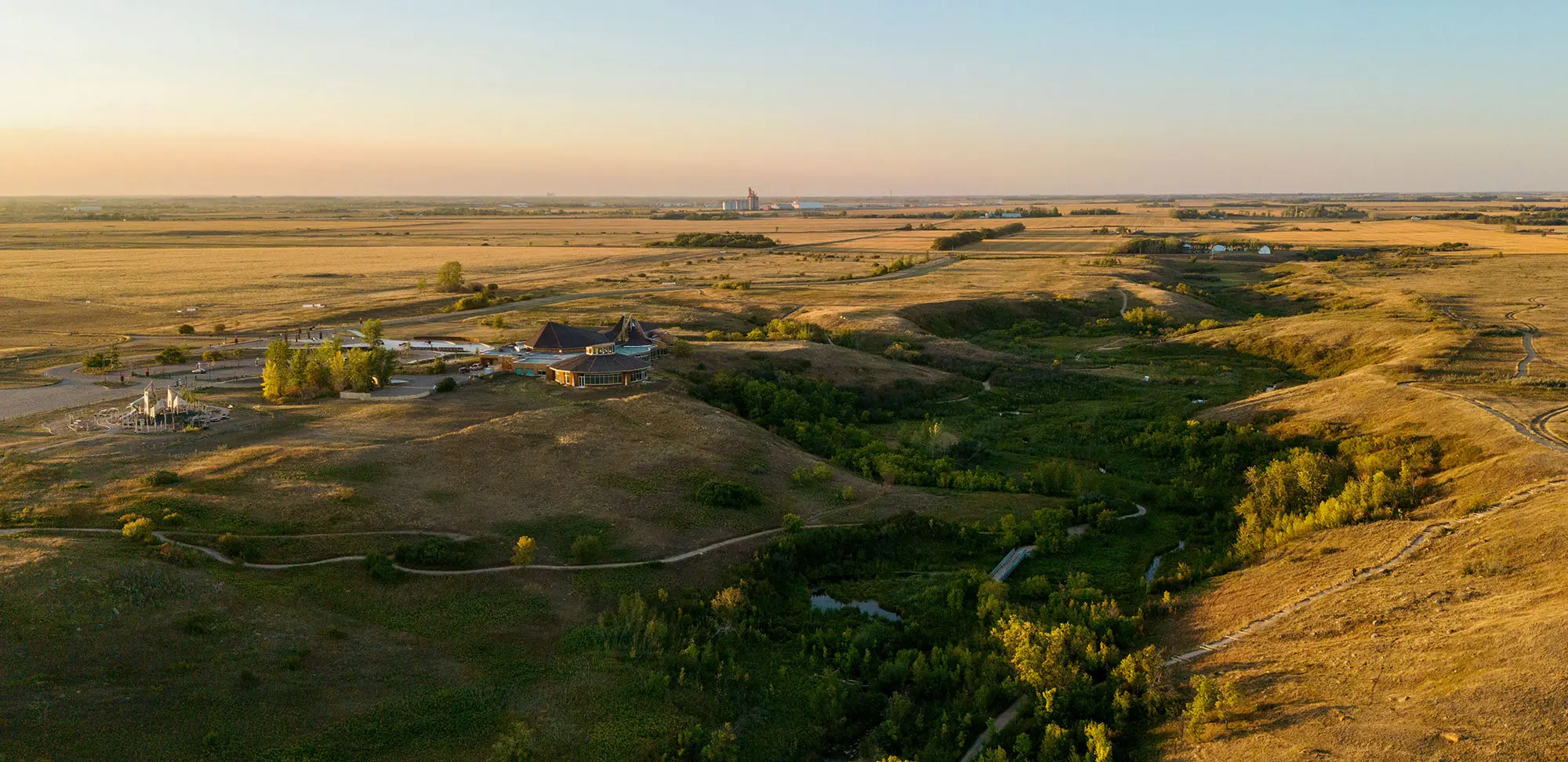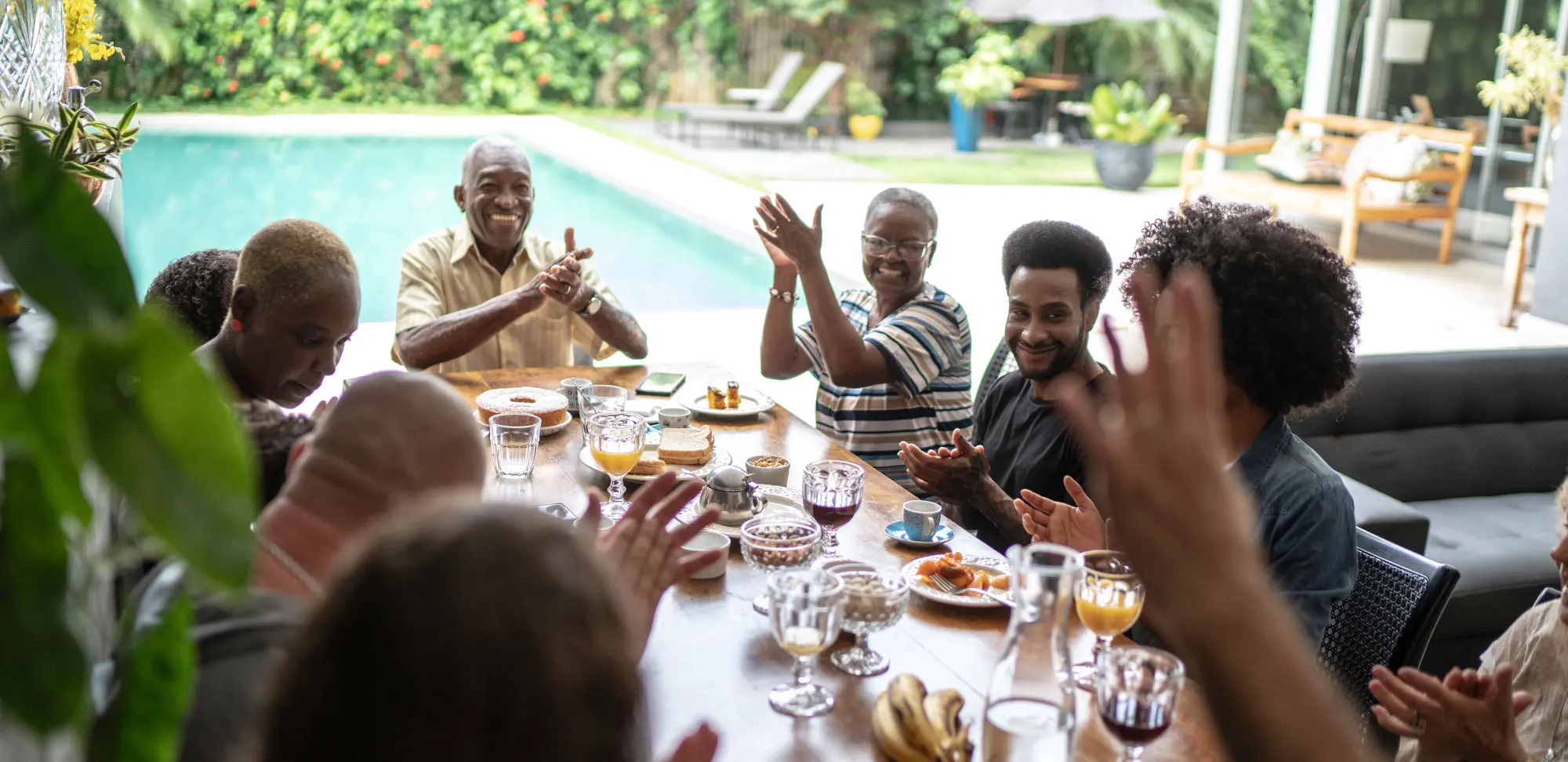It would seem ludicrous to prescribe the same treatment to a 15-year-old female as you would a 40-year-old male, right? Surely there are differences based on age and sex. So why, then, would we take a one-size-fits-all approach for older adults?
According to Dr. Paula Rochon, RTOERO chair in Geriatric Medicine at the University of Toronto, it’s because we aren’t asking and answering this question: How are we different?
It wasn’t until the 1990s that it became a requirement to include women in health-related studies in the United States. And despite that, the reporting from those studies doesn’t always break down results based on sex (a biological classification) and gender (a socio-cultural construction), so there’s no way to interpret how women and men may respond differently to treatments.
It gets worse, though. The recommendation to include older adults in studies was only made in recent years. And older adults are often treated as a single homogenous group.
“If you look at just about every report that comes up, it talks about older people and doesn’t differentiate by sex, and it doesn’t differentiate by age group,” says Rochon. “We treat everyone as if they’re the same, despite the fact that their needs are very different. Having data is really important for being able to make decisions for older women, who are left completely invisible.”
If you’re questioning why this isn’t happening already, you’re not alone. Rochon wonders if we aren’t looking at data in this way because of ageism — or gendered ageism, which is ageism and sexism combined. Everything from medical treatments to the design of our homes and communities impacts our health, quality of life and longevity, and proper data would support better decision-making.
“If you present information by sex and age, patterns will emerge and things will become apparent that haven’t been apparent before,” she explains. “This applies to city planners, but it also applies to research — if you’re studying heart attacks or arthritis, you just lose so much information if you don’t look at the data for different groups.”
The impact of the lack of stratified data and reporting is obvious when it comes to drug therapy — an area of focus for Rochon and her research group. Women, and particularly older women, are at a greater risk of drug-related side effects. “Drugs aren’t always tailored to the needs of older people or women who are older. And so, some women end up getting doses that are too high for them,” she says.
And we know there are sex differences when it comes to conditions like heart disease, Alzheimer’s and depression — but Rochon says it’s becoming apparent that it’s more widespread. If we don’t start asking the question and gathering the data, we can’t know what may be different for different people.
Considering age, sex and gender as part of research is nothing new to Rochon and her team, and in fall 2021, they launched a first-of-its-kind science-based centre called the Women’s Age Lab to extend their work and impact.
The goal is to improve health and social care for older women, and Rochon says there are some obvious things that can be fixed. “One of the tools we think could help is the idea of asking scientists and policy-makers — anyone who has data — to think about presenting the information by sex and age group. Let’s say you’re doing a survey about people’s preferences around transportation: Stratify the results and look at the differences and patterns based on women and men in different age groups.”
The lab will provide the collaborative space to generate solutions. It’ll bring together individuals across the lifespan and scientists, policy-makers and health-care providers to focus on four main action areas: tackling gendered ageism, reimagining aging in place and congregate care, optimizing therapies and promoting social connectedness.
“If you look at just about every report that comes up, it talks about older people and doesn’t differentiate by sex, and it doesn’t differentiate by age group.” – Dr. Paula Rochon
The results will include information and tools for clinicians, like a 2021 literature review Rochon and her colleague Dr. Nathan Stall co-authored with an international team of geriatricians from six countries. The review covers how to optimize drug prescribing for older adults by reducing doses or stopping medications that are no longer necessary. It explores how sex and gender need to be considered when prescribing and deprescribing medications, and provides clinicians with a step-by-step guide, based on the acronym DRUGS (see “Safe drugs,” right), to support decision-making.
The guide highlights sex and gender considerations. For example, under G — geriatric medicine approach — the guide points out that “women are more likely than men to have multiple medical problems, frailty and adverse drug events; men are more likely than women to adhere to drug therapies; women might be less able than men to pay for medicines, decreasing adherence.”
Rochon acknowledges their team will need to get the information out beyond medical journals to accelerate how quickly science leads to action.
“We’re thinking about how we take this information and put it into practice within hospitals or a community setting — how do we apply what we’re learning? We also want to bring forward from people what is important to help guide our thinking and make it useful,” explains Rochon.
Patients have a role to play in this critical work too. We can ask questions. For example, how might this treatment impact me differently because I’m a woman? Or because of my advanced age? Should we review the medications I’m on to make sure they’re all still necessary? And we can ask these questions on behalf of our spouses and loved ones.
“That’s part of the advocacy — it’s telling your doctor that people want information about this. It matters,” says Rochon. Doctors may not have the answers right away, but if they aren’t already asking the questions themselves, inquiries from patients might trigger them to go looking for answers.
“When you think about it from an advocacy perspective, the older population is becoming larger than the younger population,” says Rochon. “People need to have their voices heard, and I think everyone needs to be making it important.”
Safe Drugs
Hereʼs a snapshot of the DRUGS guide for clinicians to support medication safety for older adults.
D – Discuss goals of care and what matters most to the patient.
R – Review medications.
U – Use tools and frameworks.
G – Geriatric medicine approach.
S – Stop the medications.
The impact of the RTOERO chair in Geriatric Medicine
In 2014, with the support of its members, RTOERO created the $3-million endowment for the RTOERO chair in Geriatric Medicine at the University of Toronto. Dr. Paula Rochon has been the chair since its inception, and the university recently renewed the appointment for five years. The interest from the endowment continues to support the research, and the group has also been awarded federal funding.
Rochon and her research group continue to work with RTOERO, especially the RTOERO Foundation, to gather input from members and offer information back to members through webinars and articles.
“What is truly unique about Dr. Rochon,” says Mike Prentice, executive director of the RTOERO Foundation, “is that even with the incredible depth and scope of her work, she always makes time to meet, discuss and collaborate with the foundation. It is this generosity of time that allows us to share her work and her knowledge with the RTOERO membership so we can all benefit from her research.”

